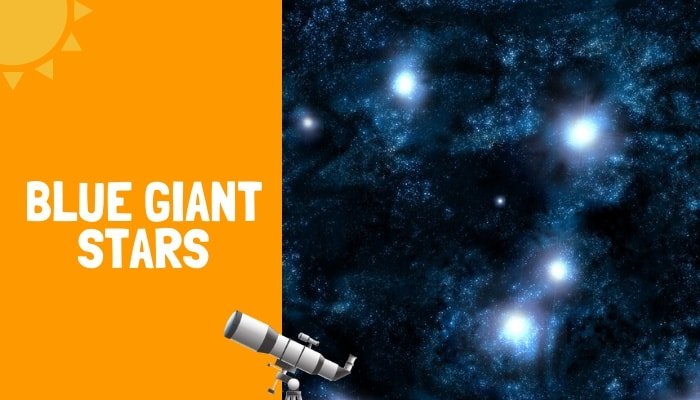The moon has fascinated us humans for millions of years, and we have different names for the various moon phases and the full moon. It is believed that on a full moon, there are a lot more police calls. So if this is to be believed, how does the moon affect humans? Does it change our behavior or any other effects?
Isaac Newton’s had many theories; one was that the moon’s gravitational pull on earth affected the human body’s fluids. Isaac Newton believed this had significant effects on epilepsy, kidney stones as well as menstrual cycles.
We now know that Isaac Newton believed but let us break the effects of the moon on humans. There are many theories and facts that we know of that affect us, humans.
Does the full moon affect human behavior?
Despite the long associated assumption of strange and mood-altering behavior of full moons. There are no actual scientific facts that can prove that a full moon alters our behavior. It is thought that it’s more of a deeply ingrained myth in our culture that any proven science.
So, despite there being no actual science that the moon alters our behavior, this doesn’t mean there is no effect.
A study to find differing human behavior during different lunar cycles by one rural, one urban, and one industrial town in the United Kingdom between 1978-82 was carried out.
The study found that crimes were much higher on full moon days. There was a higher crime rate on new moon days but not as significant as full moon days.
The study believed this could be down to “human tidal waves” that are caused by the gravitational pull of the moon.
There is no actual science to prove this theory, but the facts don’t lie, and crime was much more significant on full moon days.
How does the moon affect people’s mood?
Again there is no moon that the moon affects people’s moods, and it’s more down to the psychology. Based of our long-held beliefs that the moon does affect our moods.
One theory is that if you believe that the moon can affect your mood. You’re more likely to see what moon we currently have in our night sky.
Once you see the moon we currently have, you are more likely to behave differently. In the way, you believe the moon affects you. If one would not to look outside and check on the moon. It’s hard to believe that your mood would change, and this is backed up by science.
Do full moons affect sleep?
Many people struggle to sleep during a full moon, and scientists in Switzerland carried out a study. It was found in the study that people found it much harder to fall asleep, sleepless, and sleep less deeply during a full moon.
There could possibly be an easy explanation for the finding in these studies, and that could be that the moonlight is shining up the room, disturbing your sleep. However, in the study carried out by scientists in Switzerland, the light was tightly controlled, and the light was the same for all participants every night.
With this, the participants will have been affected by other factors in the run-up to the study. So despite the findings being interesting, they are a little floored.
The full study was published in the peer-reviewed journal Current Biology.
Does the moon affect the brain?
There is zero evidence that the moon’s gravitational pull effect on the human brain has any effect on our brain. It is thought that the behavioral changes by humans, according to the moon cycle, are psychology than anything scientific.
Conclusion
So we have found that yes, crime goes up during a full moon, but there are no scientific factors why this happens. It is thought that human behavioral changes are more down to our psychology than anything else.
I would love all these changes to people’s behaviors backed up by science, but there is no evidence for it despite all the studies.
Next time you crack out the best telescope for moon gazing, you will know it will have no effect on your mood but it sure looks great.



